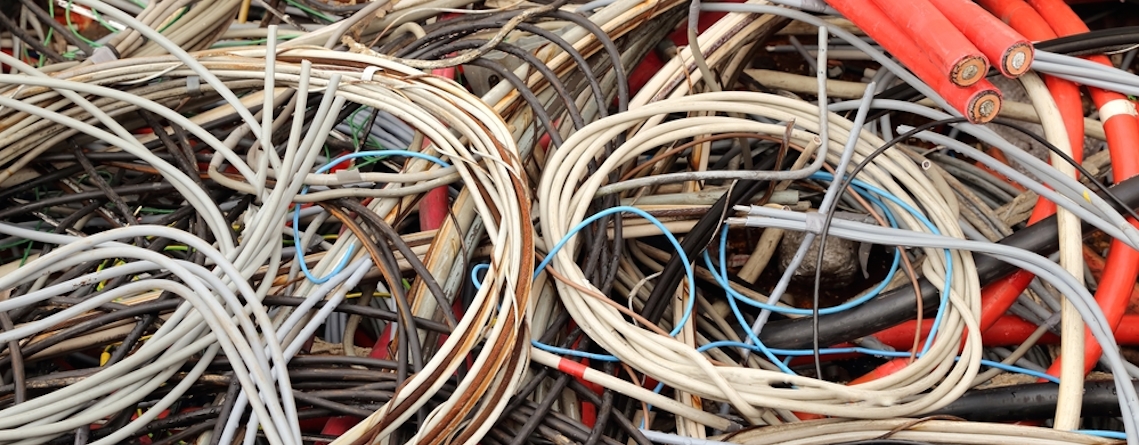 For most people, recycling is something we typically take for granted. But with increasingly sophisticated waste processing facilities, there are opportunities for organisations to capture residual value from old assets and avoid unnecessary costs simply through small changes to their contractual processes.
For most people, recycling is something we typically take for granted. But with increasingly sophisticated waste processing facilities, there are opportunities for organisations to capture residual value from old assets and avoid unnecessary costs simply through small changes to their contractual processes.
Take an office refurbishment, for example. When a company has been in its premises for 10 years or more, it is not uncommon to embark upon a significant refurbishment. Often this involves stripping out (demolishing) the old fit-out, a process that produces significant waste.
Many companies will simply engage a construction contractor to undertake the works. That contractor will then appoint the various trades to undertake both the strip out and the construction of the new fit-out. Whoever winds up with the job of removing the old environment may find themselves with a gold mine of opportunity, ranging from good quality furnishings in reasonable condition that can be on-sold; through to carpet tiles, copper cabling, air conditioning units, other metals, glazing and in some cases even plasterboard (drywall) and structural concrete.
By diverting these waste streams away from landfill, an immediate saving can be made by avoiding tip fees (which vary, but are generally in the hundreds of A$ per tonne in Australia).
Secondly, waste transportation and handling costs can be avoided if the recoverable value is sufficient for it to be profitable for a recycler to collect the waste material from a building site.
Thirdly, net of transportation and processing, some materials have a sufficiently high recoverable value that they can yield a profit, that may be split between the recycler and the strip out contractor.
Most organisations undertaking an office renovation (and even a number of construction contractors) are not well versed in the relative recyclable value of different items and materials. Furthermore, the scope of what can be profitably recycled is expanding every year. As such, the recoverable value opportunity often sits with the organisations that are at the bottom of the contracting food chain. Or worse, items with high recyclable content or resale value wind up in landfill.
As an asset owner, i.e. a company that is about to undertake a refurbishment, or a landlord whose tenant has agreed to a negotiated make good settlement at the conclusion of their lease (and therefore has walked away from their fitout), there is an opportunity to carve out some of that recoverable value by engaging directly with a specialist recycling company (or several recyclers, each specialising in separate materials).
While it involves a little more coordination, and a slight change to the typical contractual structure (which should be negotiated in advance), savvy asset owners can:
- Avoid unnecessary landfill fees;
- Yield a handy financial contribution (it’s a rare but welcome change to be sending invoices rather than receiving them as the client of a fit-out project!); while
- Improving the sustainability outcomes of their project.
Thinking outside of the square can result in innovative disruption to normal asset lifecycles. Talk to Adaptive Capability today about this and other ways benefit your business.




